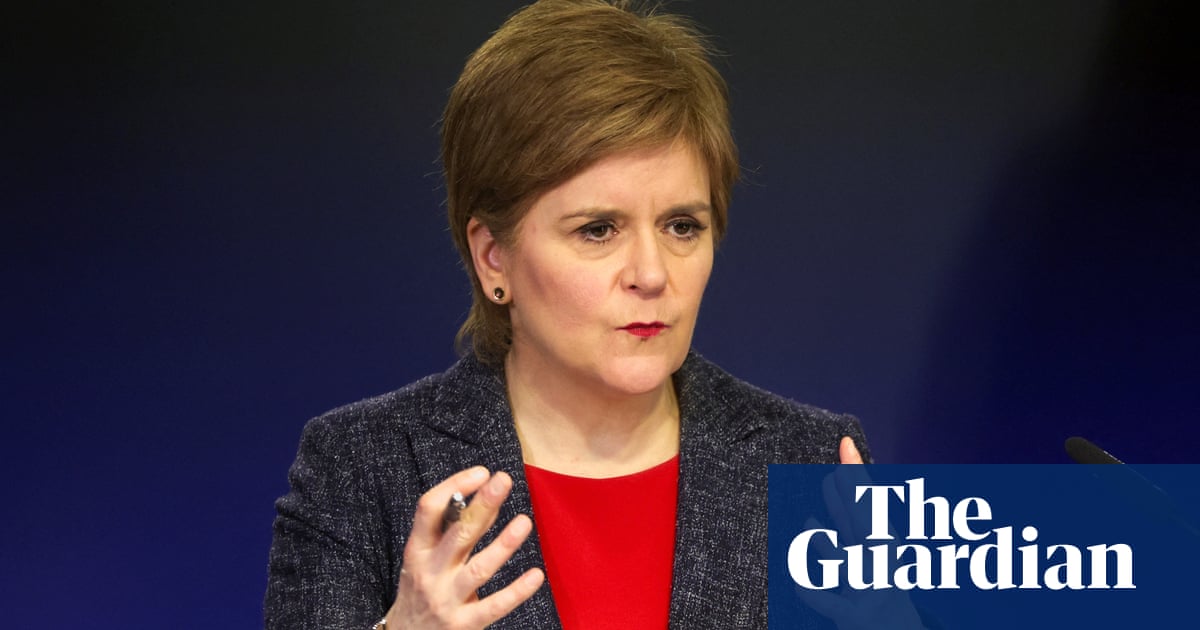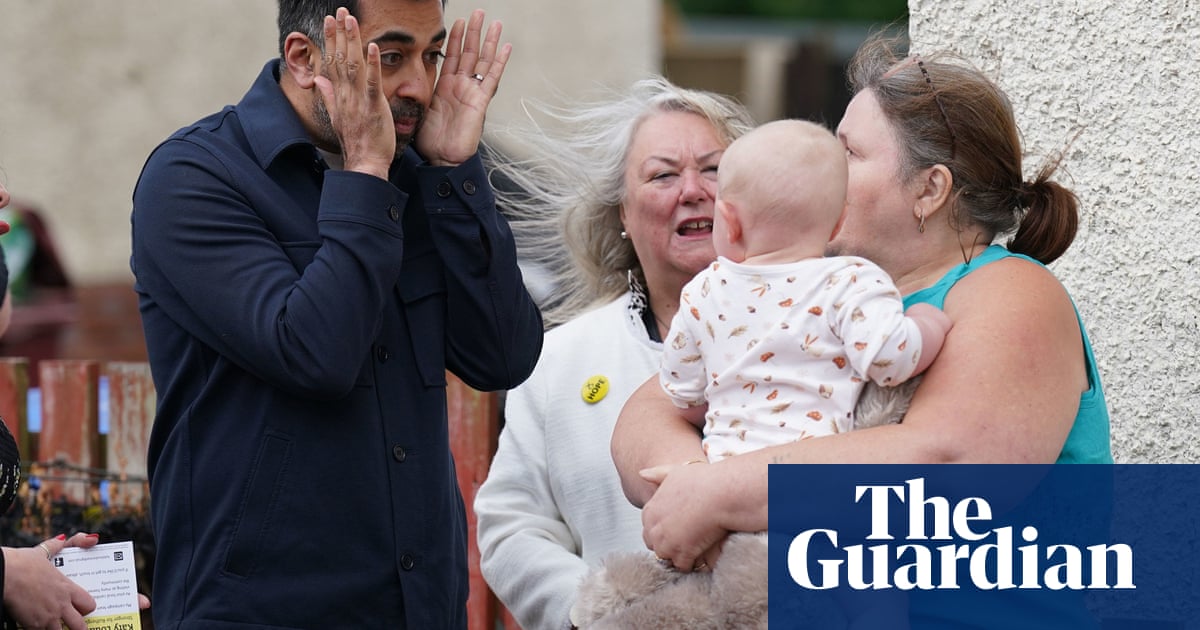
Scottish trade union leaders have urged Nicola Sturgeon to spend hundreds of millions more on the cost of living crisis as nurses, teachers and midwives consider striking over their pay.
The Scottish Trades Union Congress (STUC) and the Poverty Alliance, an influential umbrella group, have asked the first minister to accept inflation-matching pay increases, a rise in child benefits to £40 a week and strict rent controls funded by new wealth taxes.
Their demands – which are being resisted by the Scottish government – came as nurses prepared to picket delegates arriving at the Scottish National party (SNP) conference in Aberdeen on Saturday.
In an unprecedented move, the Royal College of Nursing (RCN) balloted its 40,000 members on strike action for the first time after they rejected an early pay rise offer of 5%. Teachers and college lecturers are being balloted on strikes by the Educational Institute of Scotland (EIS), Scotland’s largest teachers’ union, as are midwives by the Royal College of Midwives.
On Monday, the last day of SNP conference, rail services across Scotland will be severely disrupted when members of the Rail, Maritime and Transport workers’ union (RMT) working for ScotRail, the rail operator recently nationalised by Sturgeon’s government, stage a 24-hour strike.
Roz Foyer, the STUC’s general secretary, urged Sturgeon to meet her and other campaigners to discuss their nine-point plan.
“Increasing public sector pay, accelerating rent controls and implementing wealth taxes gives Scotland’s poorest the lifeline they need to survive this emergency,” Foyer said. “Poverty and destitution are political choices. Scotland demands better than the devastation and hardship wilfully inflicted upon our most in need.”
Evelyn Shelly, 52, an advanced nurse practitioner at a doctor’s practice in Mintlaw, Aberdeenshire, was one of the RCN protesters. As well as receiving a demand from their energy supplier to pay £2,916, she and her husband had faced a 500% increase in their monthly fuel payments.
She said: “Where can I find £610 a month, just to pay the bill to live?”
Colin Poolman, the RCN’s chief executive, said the college was asking for a pay increase of at least 10%. “The last thing we want to do is take strike action, but as you can see from my colleagues here today, enough is enough,” he said.
The SNP health secretary, Humza Yousaf, was challenged by an RCN member on his way into the conference.
Public sector unions in Scotland feel emboldened after they forced Sturgeon into partly funding a better pay deal by organising bin strikes that left Edinburgh’s streets choked with piles of waste in August.
Their demands put Sturgeon under intense pressure to justify her government’s spending plans, shifting the focus from Liz Truss’s chaotic Conservative administration in London and the SNP’s quest for an independence referendum next year.
An opinion poll by Ipsos Mori on Friday found widespread voter dissatisfaction about the Scottish government’s performance: 51% believed Sturgeon’s government was doing a bad job on the NHS, with waiting-list times and A&E delays at record levels. Only 22% were happy.
On the economy, crime, living standards, inequalities, education, social divisions and reducing poverty, only 21% to 29% felt the SNP was doing well; on living standards, the economy and education, 46% felt it was doing badly.
Shona Robison, the Scottish social justice secretary, said the devolved government had already devoted £3bn to tackling the cost of living crisis, including £1bn to services and financial support not being matched by UK ministers. That included the £25-a-week Scottish child payment given to low income families, free school meals for all children aged under 10, and money for fuel insecurity.
Robison said the key policy levers that were needed to address the economic crisis lay in the UK government’s hands – a theme likely to dominate this weekend’s party conference. But she acknowledged her government had to justify its own spending decisions.
“We have also had to make hard choices to find around £500m in savings to meet the increased costs of public sector pay and to provide support to those who need it most, while balancing public finances. Both the right choices to make, but it has meant hard choices.”
Later next week, Sturgeon is expected to publish a detailed economic prospectus for independence which will argue that the UK government’s “utterly catastrophic” mishandling of the economy underlines the case for separation.
During a round of media interviews on Friday, Sturgeon said Truss’s government was “doing real and I feel lasting damage to the UK economy and to the very fabric of UK society. [And] of course, nobody in the UK voted for this direction that [Truss has] taken. But that’s particularly true in Scotland.”












